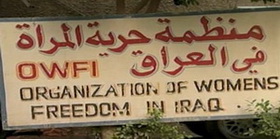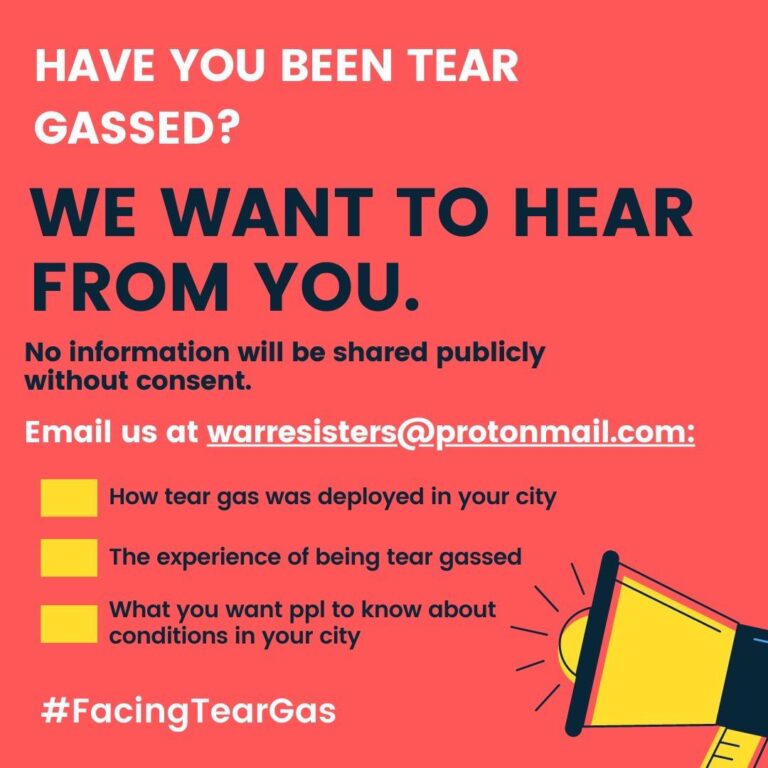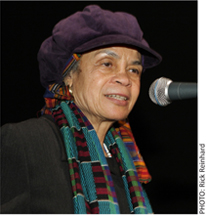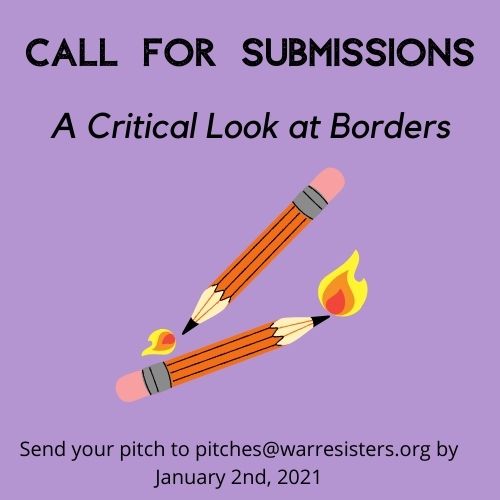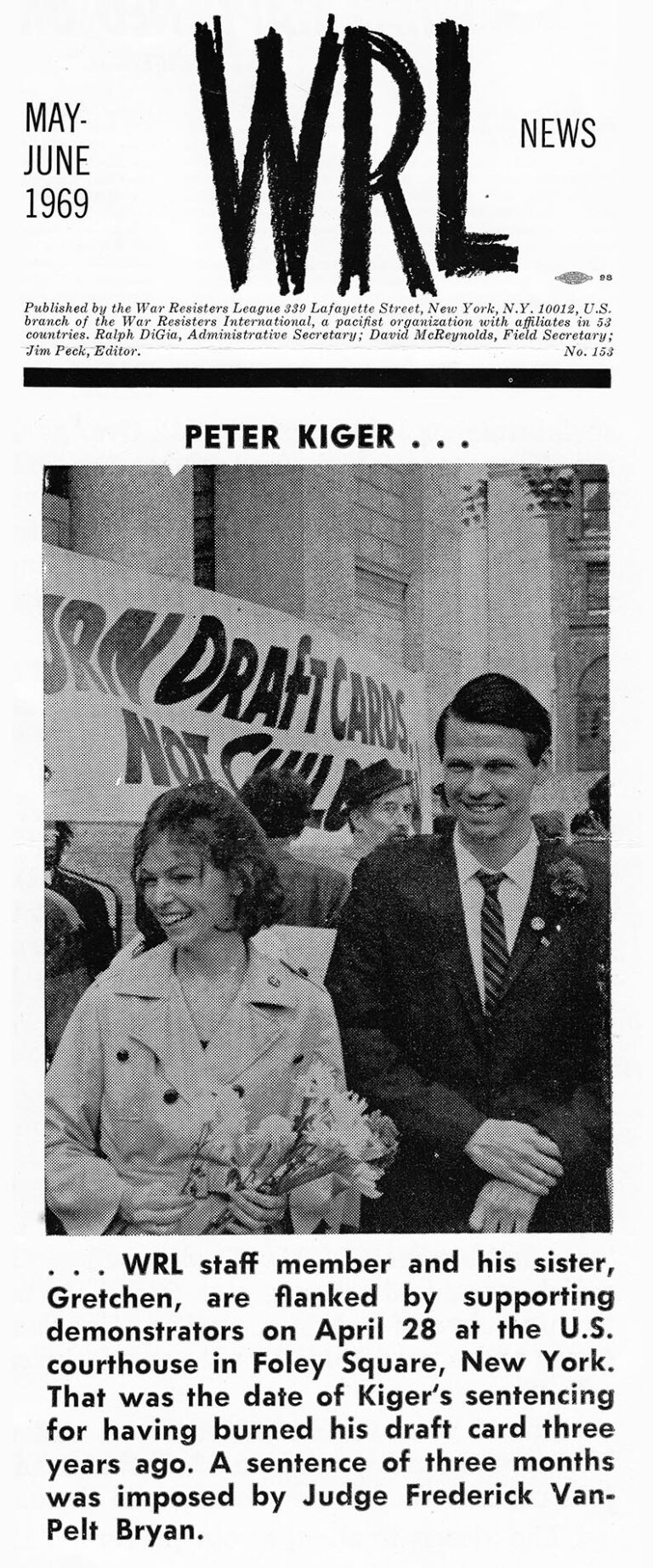Open Letter to the U.N. Security Council on the Government of Iraq’s NGO Shelter Policy
October 2016
U.N. Security Council
United Nations, New York, U.S.A.
Open Letter to the U.N. Security Council on the Government of Iraq’s NGO Shelter Policy
CC: UNAMI, OHCHR, OCHA, UNDP, UNFPA, UN Women, SGRG-SVC Office
(Arabic Version) النسخة العربية
(Kurdish Version) دانه يا كوردي
Print friendly version (English)
Your Excellencies,
The undersigned nongovernmental organizations (NGOs) are writing to express our concern about the Government of Iraq’s policy prohibiting Iraqi NGOs from legally providing shelter to individuals and families fleeing conflict-related gender-based violence.
The invasion of Da’esh[1] and the ensuing crisis has increased the number of those displaced to three million and left over ten million people in need of humanitarian assistance in Iraq alone. It is not surprising that local authorities and the international community are struggling to meet the critical demand for shelter. The situation is worse in hotly contested cities where there is great risk for most international relief workers and sparse access through Da’esh-controlled checkpoints.
Despite this unprecedented crisis, outside of the Kurdistan region it remains against public policy for Iraqi NGOs to provide shelter for those escaping gender-based violence. This prohibition prevents survivors from accessing life-saving services, particularly in areas beyond the reach of international humanitarian actors.
Without policy protections, local organizations providing shelter and support services are forced to run their operations underground, becoming less visible to those in need. Security raids put survivors residing in NGO-run shelters at risk of being killed or sent back to their families who have sought to kill them for reasons of “honor.” In this sense, it is not only the lack of available shelter, but the policy prohibiting privately-operated shelters itself that puts women and other at-risk persons in jeopardy of torture or death. This policy undermines the overall capacity of the Iraqi government to address conflict related gender-based violence and provide adequate services to survivors.
The problem lies within policy ambiguity that leaves it unclear whether or not it is within the purview of Iraqi registered NGOs to provide shelter. While the Kurdistan Regional Government corrected this opacity through a regional policy decree in 2014, the central government of Iraq has yet to act. The right to shelter exists under Iraqi Law and is supported by the Iraq National Action Plan for the Implementation of the UN Security Council Resolution 1325 on Women, Peace and Security. The Combating Trafficking in Persons Law of 2012 states that the Ministry of Labor and Social Affairs should create shelters to assist the survivors of human trafficking and exploitation. Regrettably, government officials have interpreted this policy to mean that only the government can run shelters. However, state-run shelters maintain a policy of alerting families of survivors to their whereabouts and thus remain vacant.
Despite many government officials’ public support for the anti-shelter policy, the ongoing conflict has increasingly compelled change. Faced with an influx of displaced people, and a dearth of relief aid, some local officials in affected towns have entered into temporary agreements with Iraqi NGOs to provide much-needed shelter and other direct service provision.
Humanitarian efforts by local organizations have also not gone unnoticed by the central government authorities. Despite officials’ continued endorsement of the anti-shelter policy, the government also recognizes its reliance on local NGOs to help provide services to survivors of gender-based violence in light of the current conflict. For example, in the fall of 2015, when asked about the availability of shelter by the U.N. Economic, Social, and Cultural Rights (ESCR) Committee, government representatives responded that the Organization of Women’s Freedom in Iraq (OWFI), an Iraqi NGO, is helping to meet the needs of survivors in central and southern Iraq.[2] Officials explained that OWFI is taking measures to address the sharp rise in violence against women through providing comprehensive services for survivors, including shelter. Thus, in international statements, officials pass off their obligation to ensure shelter for survivors to local NGOs, while on the ground, they harass and hamper local organizations providing such services in areas where they lack operating agreements with local authorities.
A directive from the Iraq government clarifying that Iraqi organizations may provide much-needed services to survivors of conflict-related violence, including shelter, would help bolster Iraq’s capacity to meet the urgent needs of those escaping conflict related gender-based violence. International human rights treaty bodies encourage such a policy expansion in Iraq. In 2015, the U.N. Committee against Torture called on the Iraqi government to “[e]nact comprehensive legislation… including a law permitting privately run shelters.”[3] Shortly after, the U.N. ESCR Committee and the U.N. Human Rights Committee also called on the Iraqi government to support privately run shelters.
By expanding shelter opportunities, Iraqi NGOs can help meet the needs of those left most vulnerable by the conflict. Allowing NGOs to provide critically needed shelter will not only save lives, it will also spur local job creation. Iraqi NGOs, operating in areas unreachable by international aid organizations, hold a critical advantage when it comes to reaching displaced communities and at-risk persons. Local women’s organizations not only help meet immediate needs, they also help survivors rebuild their lives. They help to reduce illiteracy and the spread of disease, and chip away at the number of those most vulnerable to violence. They also alleviate the economic burdens placed on local governorates left scrambling to address masses of fleeing people pouring into their townships.
We ask the Security Council, in all its relevant decisions about Iraq, including UNAMI’s mandate, and the Council’s interactions with the government of Iraq and mission leadership, to:
Call on the Government of Iraq to issue a directive clarifying that Iraqi NGOs may provide much-needed shelter and other services to conflict-related gender-based violence survivors.
To this end,
- Encourage the Ministerial Council to call on the General Manager of the NGO Directorate, Ali Makki Khalil, to permit local NGOs to run shelters for those escaping conflict-related violence, with the supervision of the Ministry of Labor and Social Affairs;
- Encourage the NGO Directorate and Minister of Social Affairs, to facilitate these processes;
- Encourage the Prime Minister, the Minister of the Interior, and all other relevant members of the government of Iraq to support this directive;
- Encourage U.N. agencies working in Iraq to support this directive.
We thank you for your strong commitment and support to remedying violations against women, girls and other marginalized persons affected by the Da’esh conflict and urge you to consider our request. In bringing these concerns to your attention, we are lending our support to, and pledging our future assistance with, any efforts that you undertake to protect the rights of those fleeing conflict-related violence in Iraq. To this end, we respectfully request that you investigate this matter and take the necessary action to support amending this harmful policy.
Respectfully Submitted,
Iraqi Organizations
Organization for Women’s Freedom in Iraq (OWFI)
ASUDA
Women Leadership Institute
Baghdad Women’s Association
Women’s Justice Organization
The Women’s Legal Assistance Organization (WOLA)
SAWA Human Rights Organization
AWAN Organization
Women for Progress Organization
Etana Women’s Organization
Peace Ambassadors Organization for Development
Al-Fyhaa’ Association for Development
The Organization of Iraqi Family
Al-Jeel for Human Resources Development
Jiyan Foundation for Human Rights
Affected Women Association
HIWA Foundation
Rasan Organization
People’s Development Organization
Iraqi Without Borders
Rafidain Women Coalition Association
Women’s Organization for Women’s Betterment
Bo Peshewa Organization for Human Development
Alshahbaa’ Mother and Child Organization
Kurdish Institute for Elections
Youth Development Activity Center (YADC)
WADI- Association for Crisis Assistance and Development Co-operation
Frya Organization
Democracy and Human Rights Development Center (DHRD)
Civil Society Initiative (CSI)
Advocating for Rights and Justice Organization (ARJO)
Christian Peacemaker Teams (CPT)
Rezhwan Organization
Wafa Organization for Developing Youth Abilities (W.O.D.Y.A)
The National Center for Human Rights
Aran Organization for Developing Civil Culture
Leader Network
Legal Clinic Network
Zhyan Group
Rights Development Foundation
The Iraqi Civil Society Solidarity Initiative (ICSSI)
AlSalam Humanitarian and Charitable Organization
Runaki Wllat Organization
Free Journalists League
The Media and Cultural Center (Technical Authors Associations)
Venos Women Organization
The Organization for Empowerment and Development for All
Khama’el Organization
The Arabic Regional Office for Special Needs Persons (AlRafideen Gathering)
Anti-Human Trafficking Network
Thi Qar Forum for Civic Development
The Federation of Workers Councils and Unions in Iraq (FWCUI)
Together to Rescue the Family Organization
Areej for Children Organization
Book Club Forum
Social Exchange Network
Baghdad Lawyers Association
Basmah Organization for Rescuing and Development
Care for Diabetes Organization
Ritaj Center for Civic Development
Thi Qar Association for Culture and Media
Tammooz (July) Organization for Social Development
Alhabobi Youth Students Association
Ana Wasit Women and Child Support Organization
The Organization for Family Development and Protection in Iraq
Khanzad Organization
Directorate for Combating Violence Against Women
Architectural Engineers Association
Progress Organization for Human Development
Women Leaders Forum
AlWadaq Organization for Family and Child
Iraqi Individuals
*Women representatives from Yazidi Community (names omitted for safety reasons)
Mr. Ahmed Abdeljabbar Al-kareem, President of the Provincial Council of Saladin Governorate
Hon. Salam Ismael Zeidan, Chief Judge, Samarra
Hon. Ahmad Mahdi Mohamed, Personal Affairs Court of Samarra
Mr. Talal Khalil Mahmoud, Assistant District Attorney, Samarra
Mr. Mohmoud Khalaf Ahmad, Mayor of Samarra District
Mr. Omar Mohamed Hassan, City Councilman in Samarra City
Mr. Sami Abdallah Saleh, Secretary City Council in Samarra City
Mr. Ayman Sa’ed Mahmoud, City Council Member, Samarra City
Mr. Layth Mohamed Hatim, City Council Member, Samarra City
Mr. Mohamed Wajeeh Aloush, City Council Member, Samarra City
Ms. Halimah Hamad Harbi, Principal Asma’ Girls High School
Sheikh Khalid Faleeh Hasan, Head Sheikh, Samarra City
Sheikh Ayoob Abdelwahad Fareed, Samarra City
Dr. Ahmad Al-jbouri, Orthopedic Specialist and Surgeon
Mr. Hasan Abdelkareem Alshabeeb, Member of the Executive Bureau of the Iraqi Democratic Current (IDC) – Headquarters
Rezan Dler, Member of the Iraqi Kurdistan Parliament (Kurdistan National Assembly)
Murad Alshmisawi, Director of Nasiriyah Women Prison, Nasiriyah City
Salam Jabbar Mohsin, Council Member in Nasiriyah Governorate, Nasiriyah City
Abdelrazzaq Fadil Alnasir, Nasiriyah City Police Chief, Nasiriyah City
Lieutenant Dia’ Abdelwahhab Tahir, Director of the Anti-Human Trafficking Unit, Nasiriyah City
Other Supporting Organizations
*We the undersigned non-governmental organizations are writing to express our support for Iraqi organizations’ call to clarify the shelter policy that Iraqi NGOs may provide much-needed shelter and other services to conflict-related gender-based violence survivors.
MADRE (United States)
The Sorensen Center at the City University of New York (CUNY) School of Law (US)
Women’s International League for Peace and Freedom (WILPF) (Switzerland)
ABAAD (Lebanon)
Walk Free Organization (United States)
Un Ponte Per Association (Italy)
Sport Against Violence (Italy)
International Institute for Nonviolent Action (Spain)
Helia Association (Spain)
September 11th Families for Peaceful Tomorrows (United States)
Participatory Development Action Program (Bangladesh)
Liga De Mujeres Desplazadas (Displaced Women League) (Colombia)
Female Solidarity for Integrated Peace and Development (SOFEPADI) (The Democratic Republic of Congo)
Congolese Women’s Fund (The Democratic Republic of Congo)
V-Day, A Global Movement to End Violence Against Women and Girls (United States)
One Billion Rising (United States)
Refugees International (United States)
Global Justice Center (United States)
Sonke Gender Justice (South Africa)
Women Now for Development (Syria)
Global Fund for Women (United States)
The Center for Constitutional Rights (United States)
War Resisters League (United States)
[1] Also known as the so-called Islamic State of the Iraq and the Levant (ISIL).
[2] The Committee on Economic, Social and Cultural Rights (CESCR) (“CESCR Committee”), Concluding Observations on the Fourth Periodic Report of Iraq, ¶ 39, U.N. Doc. E/C.12/IRQ/CO/4 (Oct. 12, 2015), http://tbinternet.ohchr.org/_layouts/treatybodyexternal/Download.aspx?sy…
[3] U.N. Committee Against Torture, Concluding Observations On The Initial Report of Iraq, (Sept. 7, 2015) ¶ 24 U.N. Doc. CAT/C/IRQ/CO/1, http://tbinternet.ohchr.org/_layouts/treatybodyexternal/Download.aspx?sy… &Lang=en
Share

